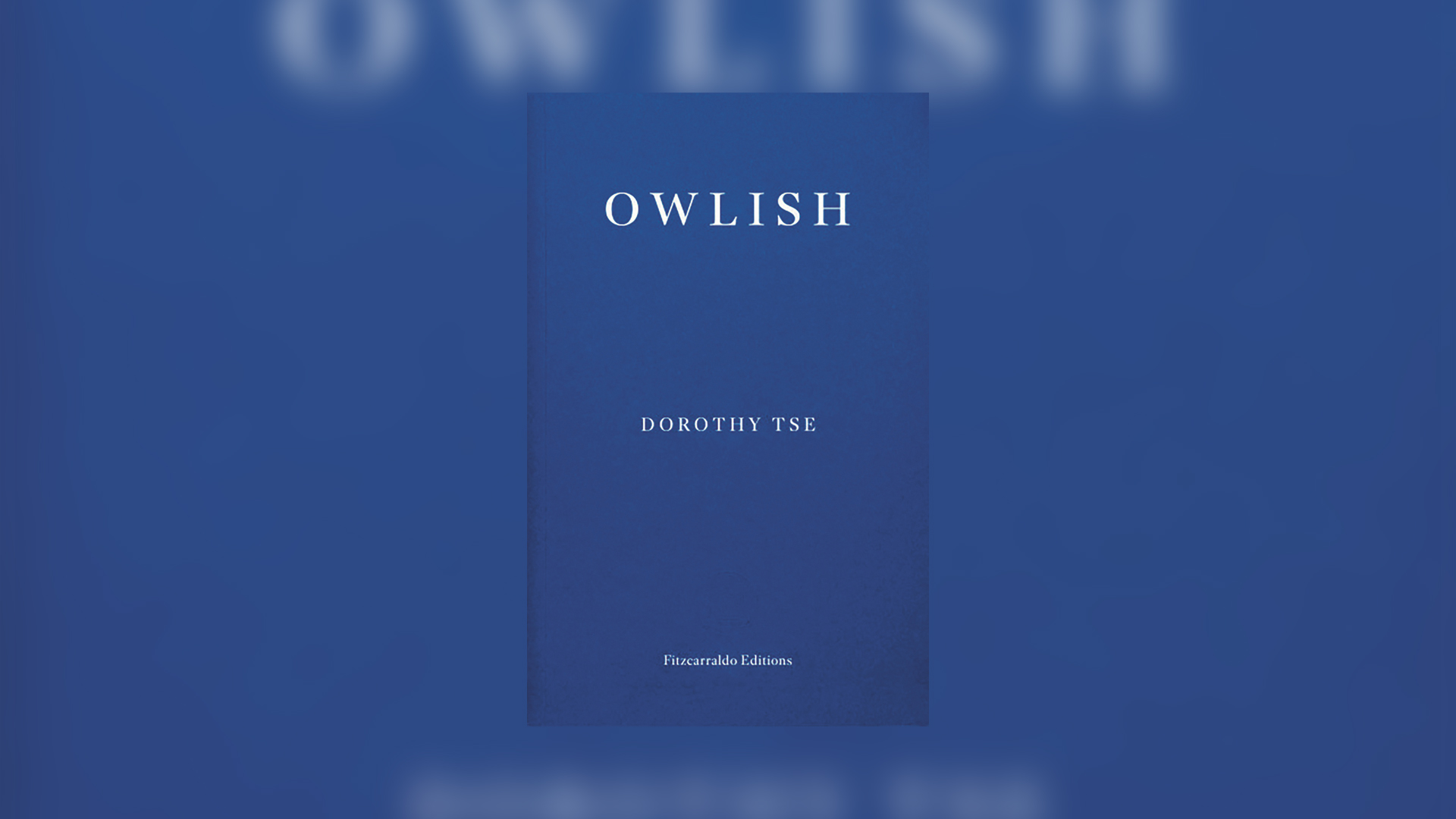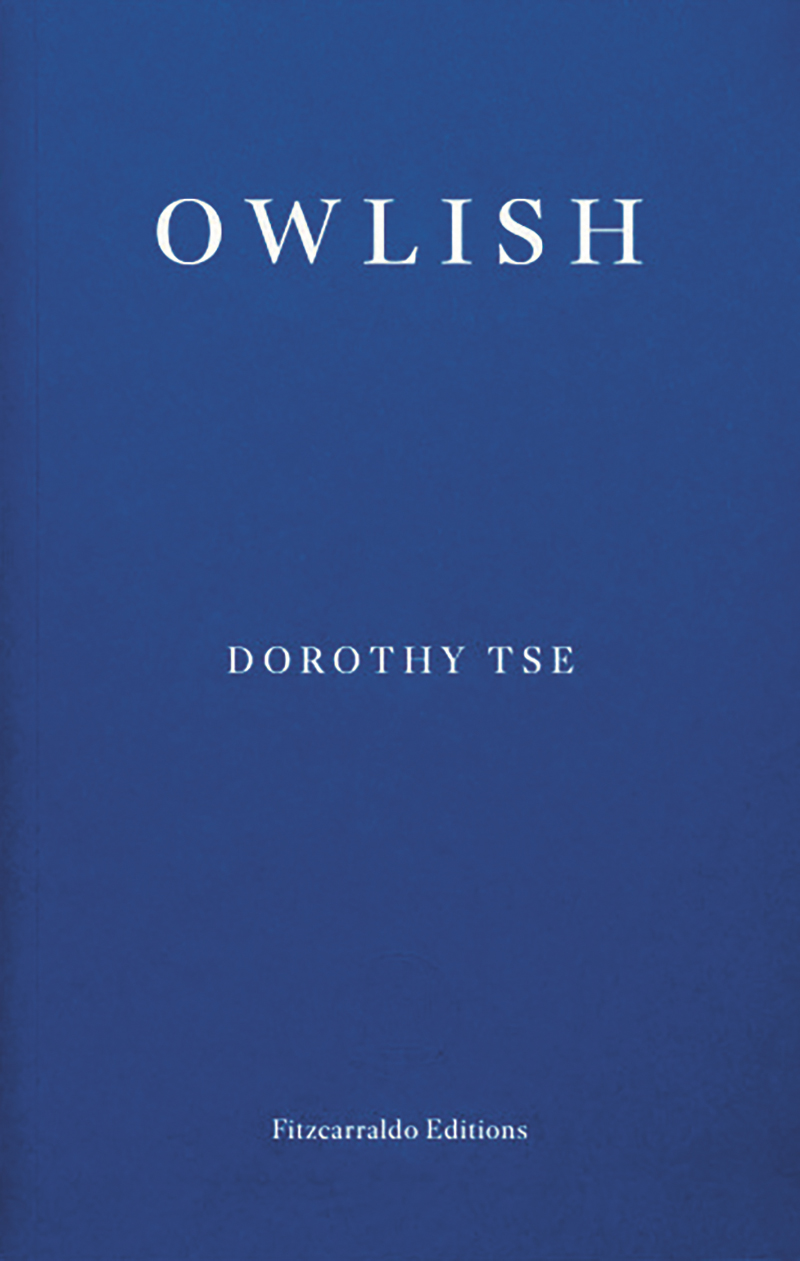Dorothy Tse’s debut novel, Owlish, is a fantastic if discomforting work of art. In scintillant prose (as translated by Natascha Bruce from the original Chinese), Tse conjures up the figure of Professor Q, a middle-aged man wearied by his dreary life within the city of Nevers. This setting is the author’s surreal, alternative version of modern-day Hong Kong.
In the narrative, though the coastal territory of Nevers has since been “handed over” to the control of the mainland’s Vanguard Republic, it was previously occupied by “blue-eyed Valerian colonizer”’, whose language still prevails in educational and elite spheres. In Q’s work teaching literature at the Lone Boat university, he feels deep ennui. Though he recognises his material comforts – a wife, civil servant Maria, who dutifully cooks him bland meals, arranges organised fun and maintains their spacious flat – his private collection of glistening vintage dolls suggests other cravings.
- Book reviews: The Candy House and Eyes of the Void
- Cursed Bread review: ‘A world of surreal happenings’
- The World and All That It Holds review: Aleksandar Hemon’s novel spans decades and continents
Though Tse toys with certain literary shadows here, this is no ordinary tale of male angst and frustrated desire. Though Q does not value his spouse, his counterparts continually ponder how he has bagged such a “goddess”. From his youth, Q finds himself in dreamscape encounters involving puppets
and automata.
Your support changes lives. Find out how you can help us help more people by signing up for a subscription
When he bumbles into a serendipitous meeting with the ballerina Aliss, a human-sized figurine with mechanical potential, he sinks headlong into infatuation. As Q gets busy with his beloved, he grows impervious to his surroundings, barely registering the blatant protests by students on campus, and the authoritarian measures seeping into daily existence. It is only Maria, so particular in her desire for order at home, who perceives the insidious tides creeping into her government office. But Aliss, the living doll, also gains a vital autonomy of her own.
In Owlish Tse makes a compelling spectacle; demonstrating the price of apathy during oppressive administrations, suggesting how we might resist the unspeakable mechanisms of regime. She crafts a wondrous hinterland in her writing, imagining the waiting worlds we might dream ourselves into – if we try.










